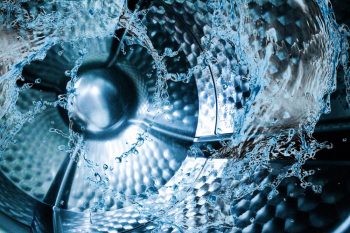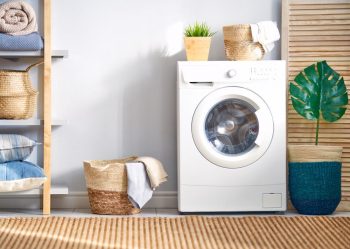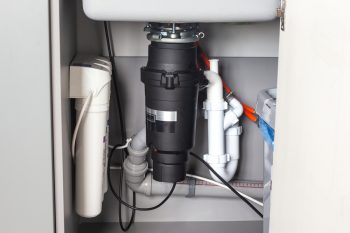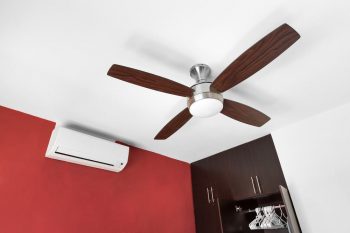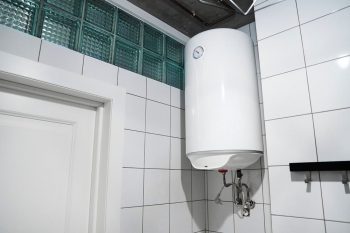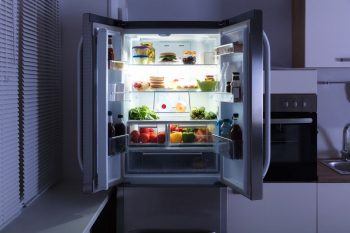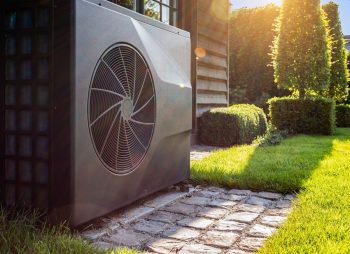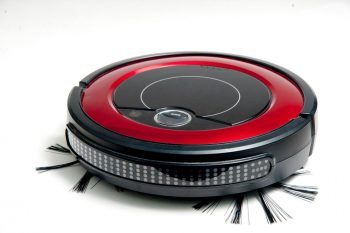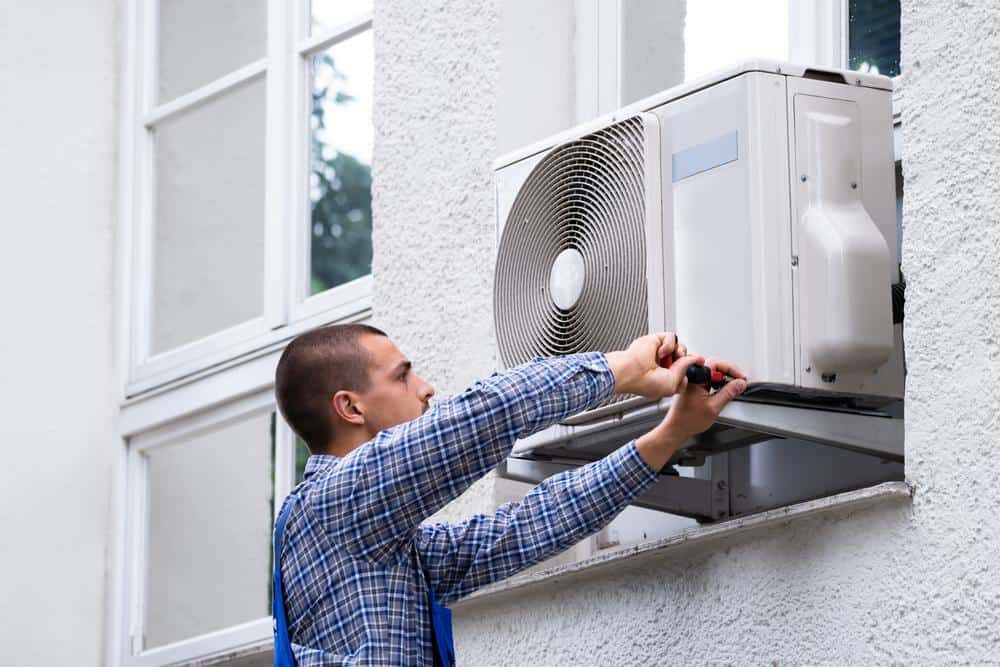
An air conditioner that is not cooling properly can be a major inconvenience, especially during the hot summer months. If you’re experiencing this issue, you’re not alone. There are several reasons why your air conditioner might not be cooling as it should, and fortunately, many of them can be fixed without calling a professional. In this comprehensive guide, we’ll explore the common causes of a non-cooling air conditioner and provide detailed solutions on how to fix them.
If your air conditioner is not cooling, it could be due to a dirty or clogged air filter, a blocked condenser unit, low refrigerant levels, a dirty evaporator coil, thermostat issues, or damaged air ducts. Simple fixes include cleaning or replacing the air filter, cleaning the condenser coils, checking the thermostat settings, and ensuring the condenser unit is not obstructed. If these steps do not solve the problem, it may be time to call a professional.
Common Signs of a Non-Cooling Air Conditioner
Before we delve into the solutions, it’s crucial to identify the signs that your air conditioner is not cooling properly. Here are some common indicators:
- Insufficient airflow: Poor airflow is a common sign that your air conditioner isn’t working efficiently, or there might be a blockage preventing air from moving through your home’s ductwork.
- Warm air: If your air conditioner is blowing warm air, it could indicate a compressor issue or a refrigerant leak.
- Frequent cycling: Regardless of the weather, your air conditioner should go through relatively routine cooling cycles. If it’s constantly cycling on and off, it may need a tune-up.
- High humidity: Your AC should moderate humidity levels. If your system can’t keep moisture levels within a comfortable range, you need an AC repair.
- Water leaks: Your air conditioner produces condensation, but it shouldn’t accumulate or lead to noticeable leaks. If you notice a leak, it could be a sign of a refrigerant leak or a problem with your AC’s condensate drain line.
Potential Reasons Why Your AC Is Not Cooling
Several issues can cause your air conditioner to stop cooling properly. Here are the most common:
- Dirty or clogged air filter: A dirty air filter can restrict airflow and reduce the cooling capacity of your air conditioner.
- Blocked or obstructed condenser unit: Dirt, debris, or other obstructions can reduce the efficiency of the condenser unit, making it harder for the air conditioner to cool the air.
- Low refrigerant levels: Insufficient refrigerant can affect the cooling capacity of the air conditioner.
- Frozen or dirty evaporator coil: A dirty or frozen evaporator coil can reduce the air conditioner’s ability to cool the air.
- Thermostat issues: A malfunctioning or incorrectly set thermostat can cause the air conditioner to not cool properly.
- Damaged or leaking air ducts: Damaged air ducts can allow warm air to enter the system, making it difficult to cool the home.
- Fan problems: A faulty fan motor or fan not running can cause the air conditioner to overheat and not cool properly.
- Refrigerant leak: A refrigerant leak can result in low efficiency, high power consumption, and uneven cooling.
- Compressor issues: A faulty compressor can affect the entire air conditioning unit and its ability to cool the air.
- Old or undersized air conditioning unit: An old or undersized unit may not have the capacity to cool your home adequately.
How to Fix a Non-Cooling Air Conditioner
Now that you understand the common issues that can cause your air conditioner to stop cooling, let’s explore the steps you can take to fix these problems.
1. Clean or Replace the Air Filter
A clogged air filter can restrict the airflow to your air conditioner, causing several problems, including reduced cooling capacity. Cleaning your air filter or replacing it, if necessary, can often resolve this issue.
2. Clean the Condenser Coils
Dirty condenser coils can reduce the efficiency of your air conditioner and prevent it from cooling your home effectively. You can clean the coils using a garden hose to remove dirt and debris. Be sure to turn off your air conditioner before you start cleaning.
3. Check Your Thermostat Settings
Sometimes, the problem could be as simple as incorrect thermostat settings. Ensure that your thermostat is set to “cool” and that the temperature is set lower than the current room temperature.
4. Check for Refrigerant Leaks
Low refrigerant levels can cause your air conditioner to lose its cooling capacity. If you suspect a refrigerant leak, contact a professional to repair it.
5. Inspect the Condenser Unit
Ensure that the outdoor condenser unit is not blocked by debris, dirt, or other obstructions. Cleaning the area around the unit can improve airflow and allow your air conditioner to cool more effectively.
6. Check the Circuit Breakers
If your air conditioner isn’t turning on at all, it’s possible that the circuit breakers have tripped. Check your home’s electrical panel and reset any tripped breakers.
7. Assess the Size of Your Air Conditioner
If your air conditioner is too small for your home, it may not be able to cool it effectively. In this case, you may need to consider upgrading to a larger unit.
When to Call a Professional
If you’ve tried these troubleshooting steps and your air conditioner is still not cooling, it may be time to call a professional. Some issues, like refrigerant leaks, compressor problems, or electrical issues, require professional expertise. Furthermore, regular maintenance from a professional can prevent many common air conditioning problems and help your system operate more efficiently.
Conclusion
An air conditioner that is not cooling properly can be frustrating, but many common issues can be resolved with some simple troubleshooting. Regular maintenance and prompt attention to any signs of problems can help keep your air conditioner running efficiently and keep your home comfortable. If you’re unsure about any steps or the problem persists, don’t hesitate to call a professional.
Remember, an air conditioner is an investment in your home and your comfort. Proper care and maintenance can extend its life and ensure that it provides reliable, efficient cooling for years to come.
Frequently Asked Questions
How often should I replace my air conditioner filter?
Generally, you should replace your air conditioner filter every 60-90 days. However, if you have pets or suffer from allergies, you might want to replace it more frequently, around every 30-45 days.
How do I know if my air conditioner is the right size for my home?
The size of your air conditioner should be determined by a professional based on several factors, including the size of your home, the number of windows, the amount of insulation, and the climate in your area. If your air conditioner is too small, it may run continuously without adequately cooling your home. If it’s too large, it may cycle on and off frequently, which can lead to wear and tear and inefficient operation.
What is the lifespan of an air conditioner?
The average lifespan of an air conditioner is around 15-20 years. However, this can vary depending on how well the unit is maintained, the quality of the installation, and the climate in which it operates.
Can I fix a refrigerant leak myself?
It’s not recommended to fix a refrigerant leak yourself. Refrigerant is a hazardous material that should only be handled by a professional. If you suspect a leak, you should turn off your air conditioner and call a professional as soon as possible.
Why is regular air conditioner maintenance important?
Regular maintenance can help your air conditioner operate more efficiently, extend its lifespan, and prevent common problems. During a maintenance visit, a professional will clean the unit, check for issues, and make any necessary adjustments or repairs.

